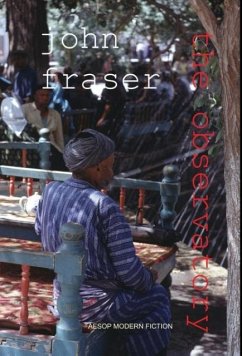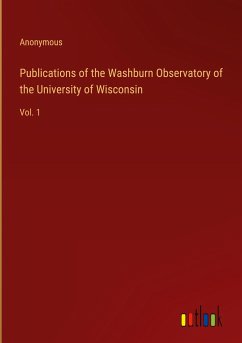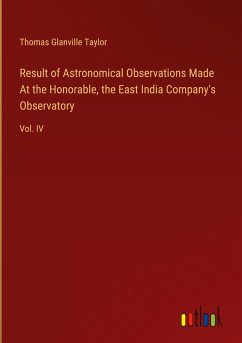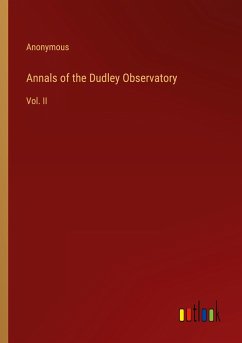A novel about political commitment and liberation, set around the year 1968 and reflecting the high season of Guevara in Bolivia and attempts to insert a revolutionary 'foco' in places where objective conditions were politically ripe, but where the subjective element, and the most rudimentary organisation, were absent. The would-be, self-transforming saviour pays with his life (and that of his comrades) in a situation where rectitude is on his side but the situation quite beyond his reach. Instead of violence, this political fable presents organisation, as against movimentismo, as a possible vehicle for the chiliastic transformation.
Hinweis: Dieser Artikel kann nur an eine deutsche Lieferadresse ausgeliefert werden.
Hinweis: Dieser Artikel kann nur an eine deutsche Lieferadresse ausgeliefert werden.








